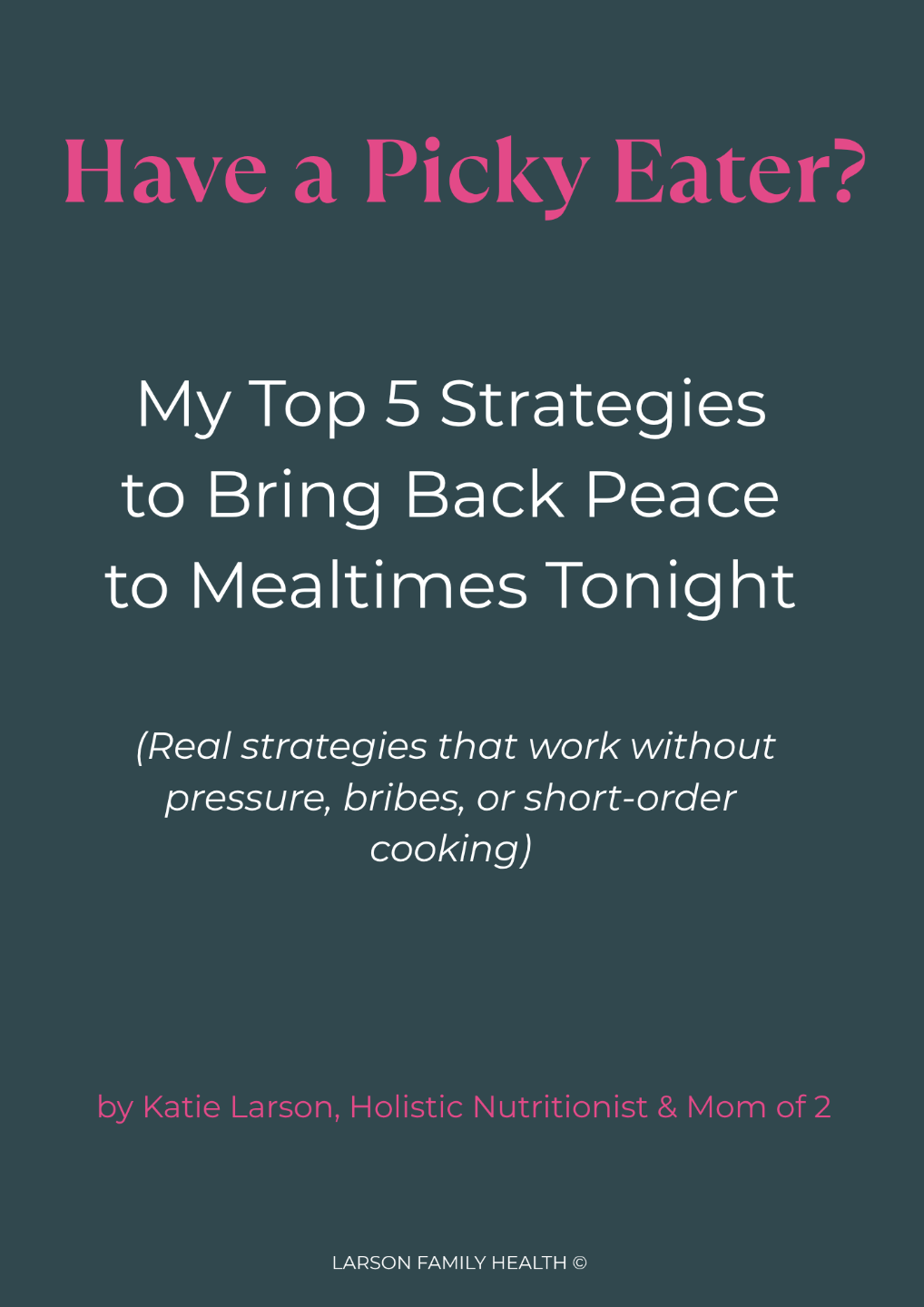
Eczema—A 3-Step Holistic Approach to Treatment
Dec 22, 2021Dry. Scaly. Red. Itchy. Inflamed. These are all signs of eczema, a common skin condition that is unfortunately on the rise in both adults and children.
I first became aware of this condition when I started working with my pediatric clients 14 years ago. Child after child had red, raised, and irritated skin. And parent after parent told me that their doctor wasn’t worried, recommended some sort of cream to help manage it, maybe a corticosteroid cream at worst, and hoped they would “grow out of it.” Child after child never had it go away and it almost always got worse.
I began to wonder, why is this on the rise and why is no one asking what is causing it?
Getting to the Root Cause.
Eczema’s true cause isn’t “known.” I use quotes because understanding causation depends on what type of medicine you prescribe to. Traditional allopathic medicine will tell you there is no cause or that it might be related to weather/climate. Functional medicine will tell you there is absolutely a cause and that like most skin conditions, it is tied to gut health. It comes back to what we put in our bodies.
Whether your child has eczema or you do, there is a huge connection between eczema and food allergies. In fact, families with allergies in their history have a much greater likelihood that their child will suffer from eczema.
So first things first: cut out the foods you think might be the culprit.
I can see your eye roll.
I know this is easier said than done, particularly with infants and children.
To start, I can tell you that the top allergens implicated in eczema are eggs, cow’s milk, peanuts, fish, wheat, and soybeans, in that order. One randomized-controlled study found that when those with egg allergies followed an egg-free diet, their severity of eczema significantly decreased.
For infants, looking into what is in their diet can be more intimidating, especially if you are nursing. I recommend a slow and steady elimination diet if you are overwhelmed by the idea of giving up all your beloved foods. If you are an all-or-nothing kind of gal, go hardcore and give up the major allergens for 4-6 weeks, then start adding foods in slowly. It can take at least 4 weeks for the antibody response to clear the body and allow the skin to heal itself, so whichever option you choose, you need to allow your body that much time before you move to the next stage of elimination or adding specific foods back in. If after 6 weeks, you don’t notice an improvement, your body may need more time without the trigger food. It may also be a great time to bring in a medical professional.
Hard work, I know. But here’s the good news: maternal avoidance of allergens has been shown to completely resolve infant eczema in the majority of cases. And we are living in an era where we have more resources than ever before to support eating in this way. I recommend finding a few different cookbooks from the library or local bookstore. Looking for keywords and phrases like “autoimmune paleo” and “allergen-friendly” to steer you in the right direction.
Gut permeability is also a related, yet separate culprit. This topic requires its own post, but if you are reacting to foods and/or have skin issues, you likely have some level of leaky gut. This means that foods and compounds that shouldn’t be freely floating through your body are, because your gut lining is acting like lace instead of a brick wall. Result? All sorts of adverse reactions, including eczema.
One final common cause of eczema is overgrowth of Candida albicans, a yeast species that can wreak havoc on the body when it gets out of control. Clearing this from your system can be a lengthy process and is done best under the supervision of a medical professional.
Prevention: Breast is Best.
I say this with all the love in my heart because I know there are mamas out there who cannot or do not want to breastfeed: the research is clear that breast milk not only is protective against eczema, but it also supports a healthy gut microbiome and protects against allergies. It also allows for proper tongue placement and palate development (a topic for another day). If you plan to breastfeed or are a new mama, I urge you to put supports in place because it is not always easy and never glamorous. Especially if you have allergies in your family. It takes work, is painful at first, and requires commitment. Ask. For. Help. And if you aren’t successful, reach out and we can figure out a good formula replacement for you (oooooh this might be a good future topic!)
Side note: if you breastfeed and your child has eczema, you can expel breast milk and cover the affected area. A recent study showed this was as effective as a corticosteroid cream as a treatment!
Treatment.
While the most common treatment for eczema is to keep the affected skin area moisturized with an emollient cream, there is actually little to no research to support this. Now, I say that and then am going to tell you that KHH has a product in development to help with eczema. So while some of these creams, which are full of parabens, endocrine disrupting hormones, petroleum and fragrance, are meant to just keep the area hydrated and create a protective barrier from the elements, they really aren’t doing anything to support the health of the skin. Our cream at KHH is full of healthy and skin supporting oils, shea butter, and essential oils that are targeted to calm down inflamed skin. To be clear, it will not cure your eczema, but it is designed to help decrease discomfort, redness, and itchiness. This can be a particularly important part of your eczema treatment plan while you dig to find out what the root causes may be. To get on the waitlist to try this email KHH at [email protected]. It will be ready on the website in January!
Probiotics can also be a helpful part of a treatment plan as it can help to rebalance the gut biome. The two different strains that have evidence behind their use are Lactobacillus rhamnous CG alone or in conjunction with Lactobacillus reuteri. The tricky part about probiotics is that they are delicate and are easily destroyed by the acidity in the stomach. In looking for a good quality probiotic, you want to make sure there is not only 3rd party testing to make sure their products contain what they say they do, but also look for research to support that they DO what they say they are going to do. Two brands I recommend are Just Thrive (click here for a small discount) and Microbiome Labs MEGAsporebiotic.
Now What?
Eczema is complex and multi factorial but it is treatable. Here’s my 3-part plan:
-
Prevention—particularly if allergies run in your family
-
Elimination of the top allergens
-
Supplements and food to support the health of the microbiome and skin
Enlist the help of a nutritionist or naturopathic physician to support you. This will help you stay on track and find success!
Here’s to your health friends!
Become part of our newsletter community where you'll find inspiration, motivation, and helpful tips so you and your family can thrive!
We hate SPAM. We will never sell your information, for any reason.



